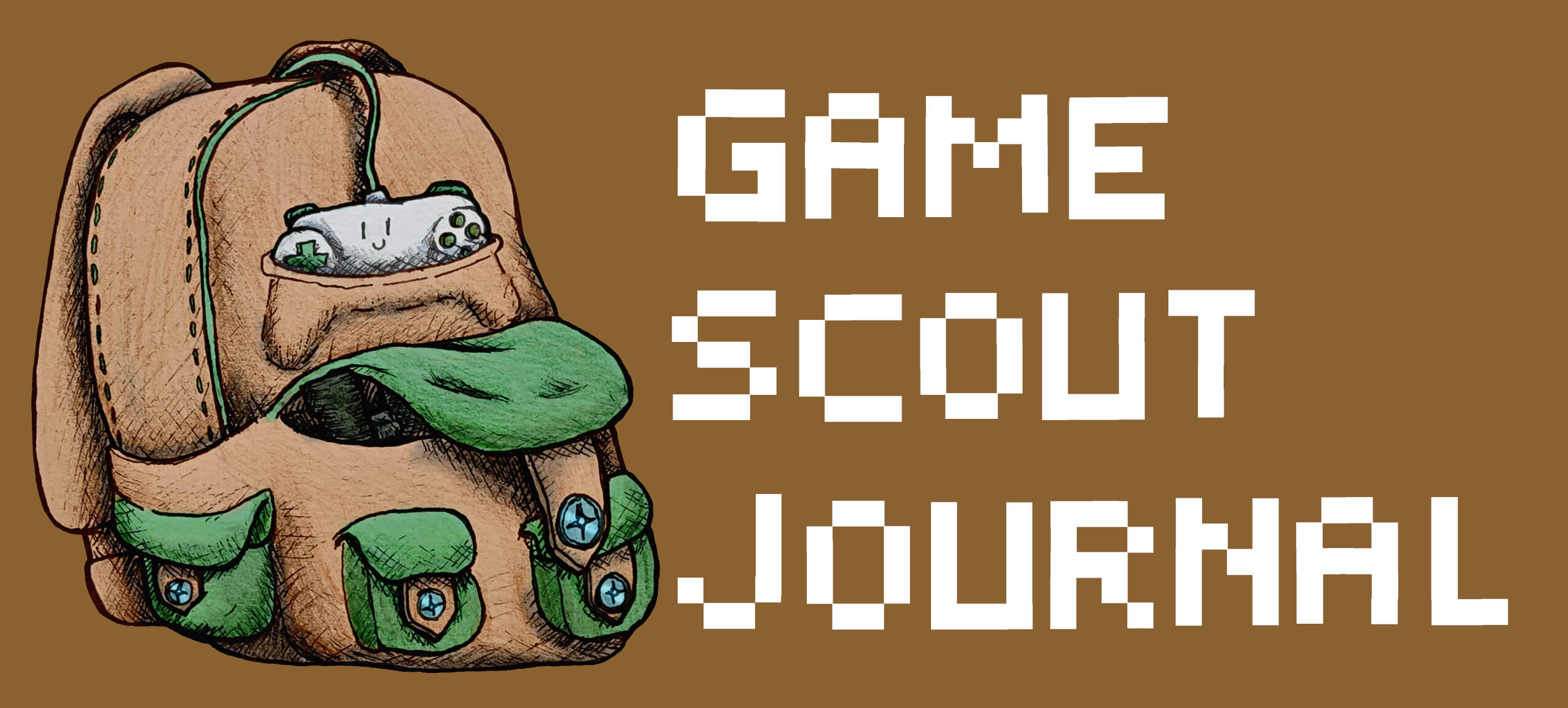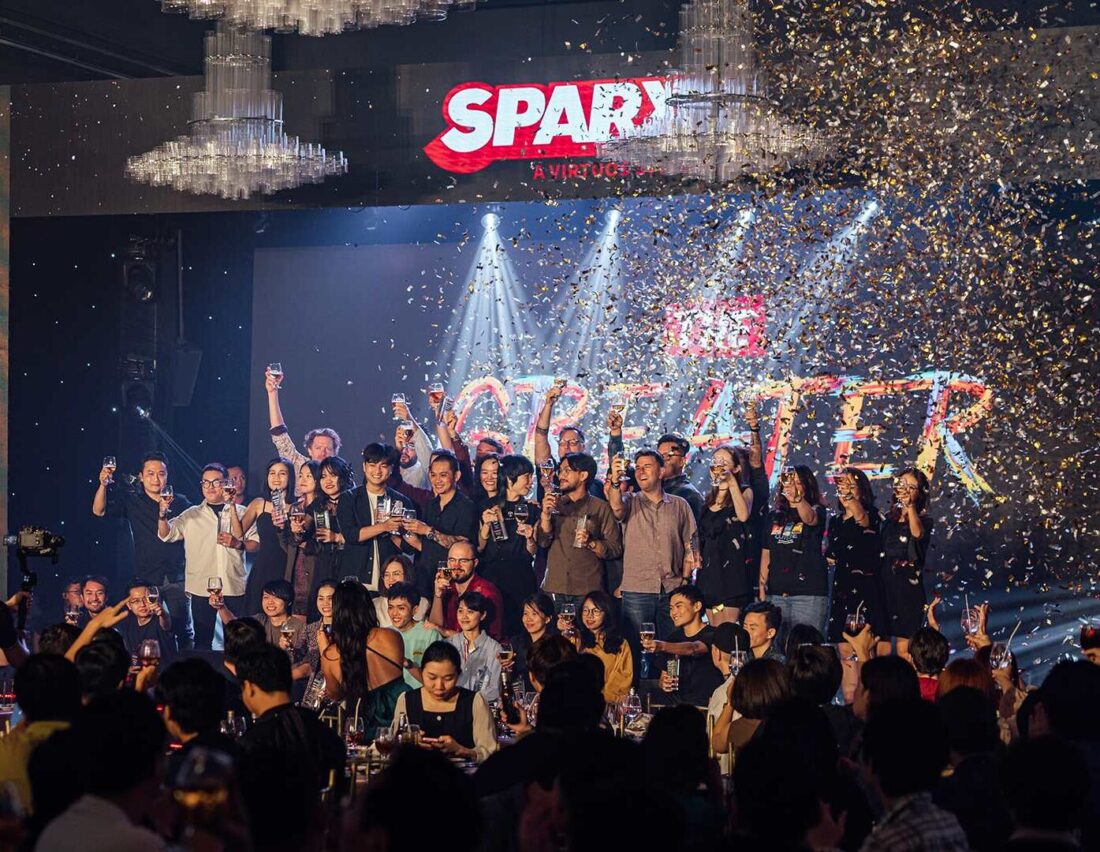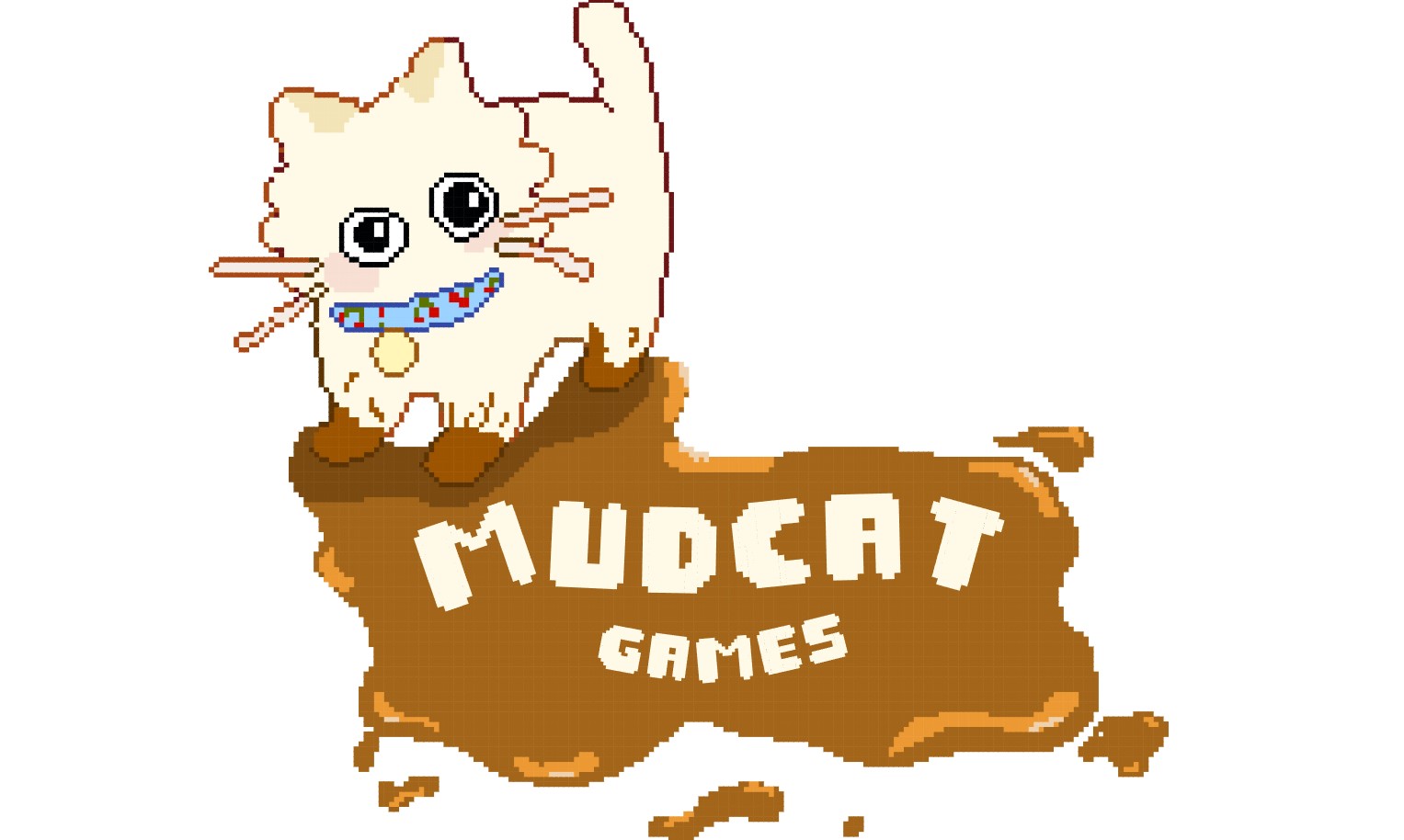If you’ve ever read Jason Schreier’s work—such as Blood, Sweat, and Pixels or Press Reset, or, if you’ve worked directly in the Games Industry, then you will be more than aware of one thing: Game development can be stressful.
Now, imagine adding another dimension to that challenge: operating an art outsourcing and game development studio inside an active warzone.
In Kyiv, the capital of Ukraine, RetroStyle Games are one example of many where life goes on in spite of adversity: working diligently as a team of over one hundred artists and developers during a Russian Invasion. In my interview with Mariia Shpakovych, Business Development Manager, she told me that their main selling point as a business is that “They are prepared for anything.” Given the circumstances, that couldn’t be more evident.
Join me in discovering the story of RetroStyle Games since their foundation in 2010, and how over a decade later they have served over 200+ clients in our industry.
The Foundation of RetroStyle Games – Since 2010
Founder and CEO Pavel Konstantinov originally envisioned RetroStyle Games as a development company focused on children’s and mobile games. The mobile market hasn’t changed much; it’s still about jumping on trending game types and genres. In the early days RetroStyle Games saw success with a Temple Run–like clone of their own. However, Pavel soon noticed an inefficiency in their workflow: either the developers or the artists were sitting idle, waiting for the other. Typically, the artists had to wait for developers before starting their work.
To keep the team busy, RetroStyle Games began reaching out to external clients, offering support services. The idea was to utilize that time-gap for their artists that would keep them busy, and avoid sunk costs in losing productivity. As this side of the business grew, the company shifted its priorities from development to a stronger focus on art outsourcing.
Pivoting to focus on Outsourcing:
Compared to Game Development, outsourcing is “easier to do,” “more profitable,” “easier to scale,” and “more popular.” Also, it’s more relevant than ever now, with game budgets increasing to the hundreds of millions in some extreme cases. Many Studios are looking at more cost-efficient means of development, and outsourcing is an answer.
For the outsourcer it’s a great model, because if you develop a single game: that’s just one project. But if you work on everyone else’s games, you suddenly have a client pool as big as the industry itself. Scaling development typically requires publishers and funding. So, prioritizing art outsourcing was an obvious business choice for RetroStyle. Still, true to their roots as gamers, RetroStyle enjoys making games. Their most recent release, Ocean Keeper: Dome Survival, is a survival roguelike that makes full use of their specialty in isometric graphics.
The name RetroStyle Games comes from the teams intention of making games that have that same feeling as those in the early days of gaming, that special sense of wonder and joy.
“Like a Family”, let me explain…
Usually, hearing a company describe itself as “family” is a definitive red flag, which Mariia acknowledged to me before following up with: “but really, we are like a family”.
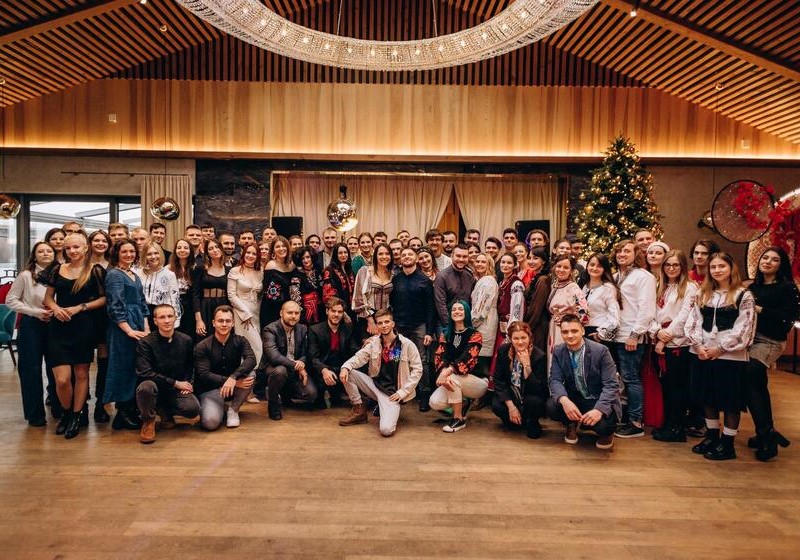
Company culture is incredibly important at RetroStyle Games, and the Russian invasion of Ukraine has shown just how much the company is there to take care of its team. Anyone can voice their opinion on major decisions and know they’ll be heard. Apparently, CEO Pavel is omnipresent, speaking to everyone in the business. There are often cases of him greenlighting ideas from people all the way down to junior artists.
Another example of the “family” aspect is that there are examples of the company pooling together to collect money, gifts, and support, for any employee affected by inabilities to work due to factors like drone strikes. Naturally, the Russian invasion puts immense stress on the team, but they continue to support eachother and to deliver for their clients. The office is equipped with backup generators, so even when Russian attacks targeted energy systems and caused city-wide blackouts, they could “keep going.” It also has showers, kitchens, and sleeping areas. If workers can’t get home due to sirens or other dangers, the office literally becomes a second home. A second family.
RetroStyle Games’ Services:
RetroStyle Games’ biggest specialty is isometic art services, top-down buildings, and characters. Mariia Shpakovych isn’t sure why these are so popular with clients, but RetroStyle produces them incredibly fast and at impeccable quality. Their portfolio includes work for games like Love and Pies!
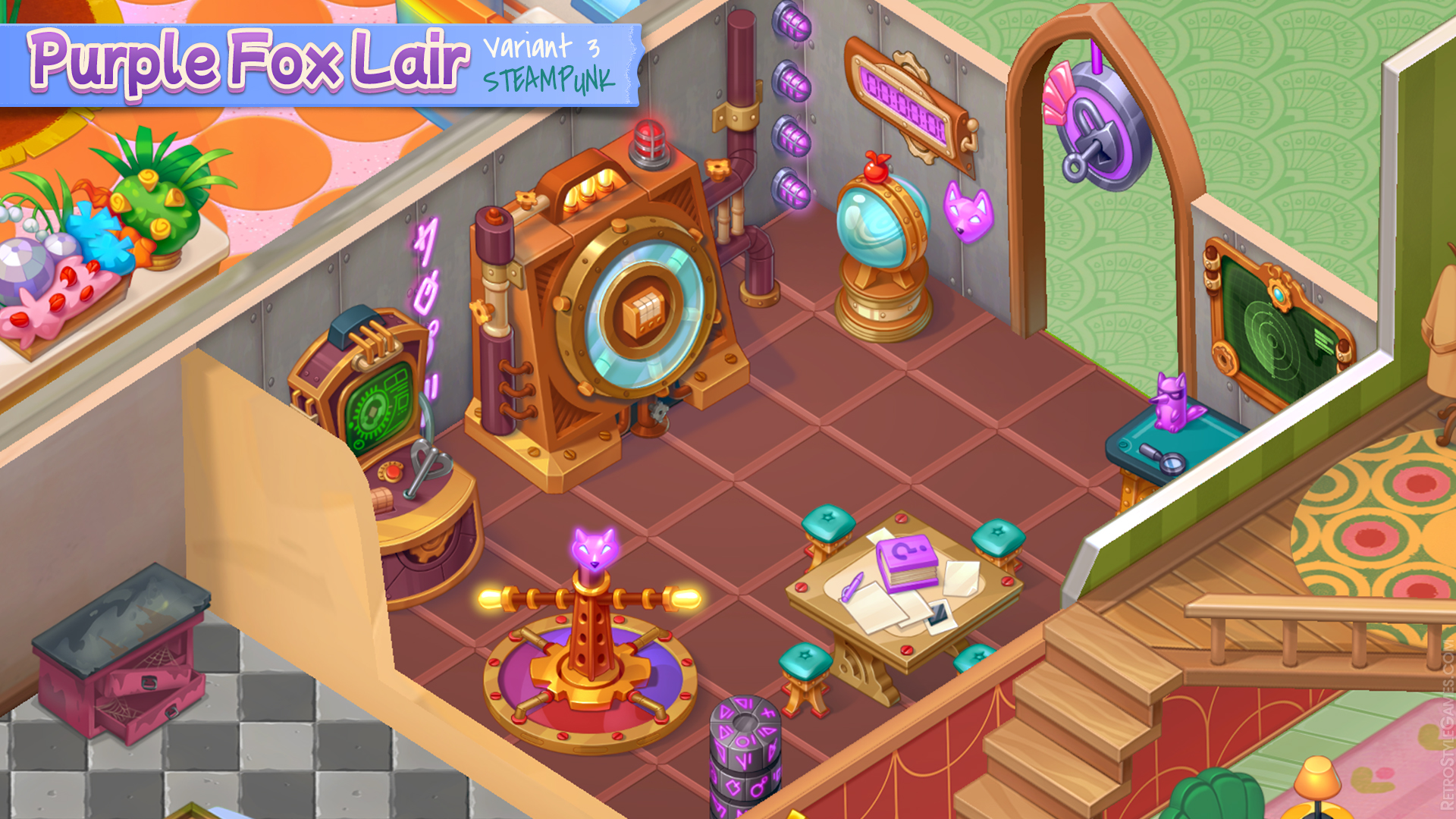
Clients often praise how quickly the team can capture the style of a project. Many artists struggle with “same-face syndrome,” where characters all look similar due to their own stylistic bias, but RetroStyle adapts fast and can “catch the style” of a project with ease.
Often, clients approach them without a clear vision for their game, especially in overcrowded casual game markets where everything tends to look the same. RetroStyle frequently helps these clients stand out, giving their games unique personalities rather than letting them become another cut-and-paste Candy Crush clone (As an example). In fact, Apple’s App Store can reject submissions for looking too similar to existing games, so RetroStyle consults on reskinning to ensure originality.
“Don’t simply copy the latest popular app on the App Store, or make some minor changes to another app’s name or UI and pass it off as your own,” – The Apple Store’s Guideline 4.1 CopyCats.
Another popular service for RetroStyle Games is 3D characters, but as Mariia Shpakovych explained, “We can basically do anything in art”—VFX, marketing assets, props, rigging, animation, motion capture (they have a studio five minutes away), and animation cleanup, to name a few.
One recent project they’re proud of is their collaboration with British developers Trailmix on Love and Pies. RetroStyle worked on the Mother’s Day update, which carried extra meaning as their lead artist, Dariia Shtanicheva, announced her pregnancy during development. That personal connection added an extra layer of inspiration to the project.
RetroStyle’s typical clients are developers with secure funding or larger organizations producing casual mobile games that need constant updates.
A Secret to Success… and the future.
Most of RetroStyle Games’ clients find them through referrals of good work, or from optimized SEO content and keywords, including AI search tools. They’ve invested significant time and money in creating content about outsourcing art for the games industry to attract inbound leads. The team is also investing in AI to streamline workflows. In the near future, they plan to rebrand their website to update keywords, refresh their homepage, and look “more professional.” Personally, I think the current site looks great, so I’m excited to see what they come up with.
Want in on the results?
At Game Scout Journal, our conversations keep highlighting the same trend among the most successful outsourcing studios: SEO. Clients find them through Google or LLMs like ChatGPT. And… guess what?
Ranking there is exactly what we help studios with.
Want an evergreen foundation built for your blog to attract inbound clients? Contact the team here:
